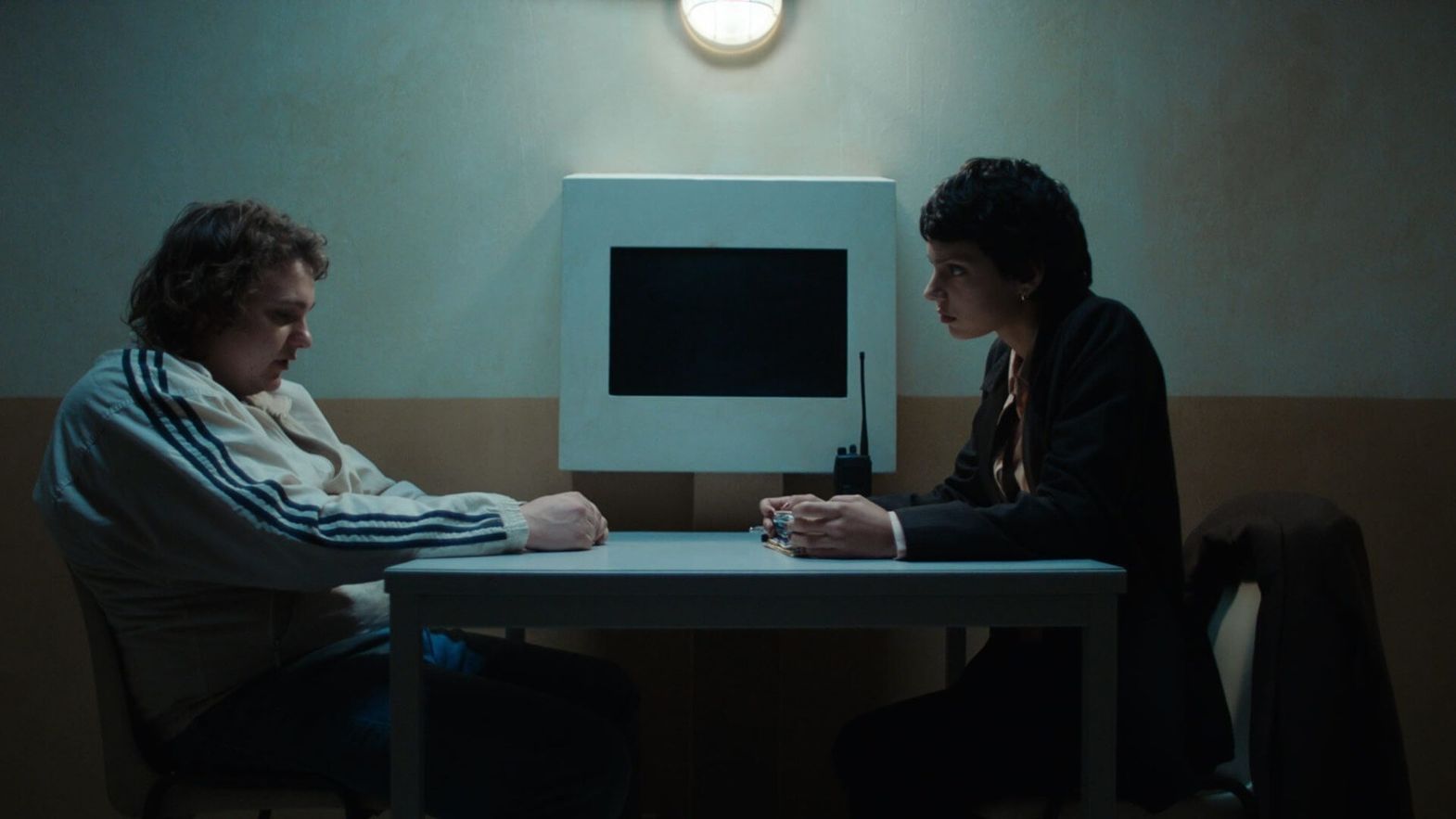 © Martin Rit
© Martin Rit
For her first feature film, French director Victoria Musiedlak did not choose her title by chance. Première affaire is an initiation film, in more ways than one. Noée Abita (first noticed in the film Ava) plays Nora Aïd, a young law graduate working for a Parisian law firm led by Saint Brieux (François Morel, remarkable in his role as a great lawyer, the embodiment of the condescending Parisian bourgeoisie). She is 26 years old, but her voice and physique make many people notice her youth, which often means inexperience in the face of the cruelty of the world.
In a very cold France, between Arras and Paris, she deals with her first criminal case: a very young man is accused of the murder of Chanel, a young girl with whom his sister was on very bad terms. He says he is innocent, she believes him because she wants to believe, and to tie in with her ideals and the principles with which her mother (the wonderful Saadia Bentaïeb) raised her. Opposing her is a young police officer, played by the star of Joachim Trier’s films, the Norwegian Anders Danielsen Lie (The Worst Person in the World, Bergman Island).
This first time is her first criminal case but also what we imagine to be her first love affair, using the Anglo-Saxon connotation of the word. Very reserved and slightly disconnected compared to other young people of her age, she invests herself with passion in this affair or rather these affairs. Passion and principles guide her choices as a brilliant young woman. But are they in sync? Does she make the right choices? Is being a lawyer “doing the job” as one of her colleagues says, or defending justice? Is the truth a principle or is it relative to the client?
Saint Brieux cites Louis Aragon when speaking of “those places without love where you die of cold”. Is this the most chilling thing, cynical pragmatism as a code of conduct, or rather this deep social divide between these two worlds, that of suits and ties, trips to New York and gliding, set against that of prisons and poor people living in the margins of society?
Nora will learn that through these experiences, the most important discovery remains that of her own resilience.
Mathilde Henrot